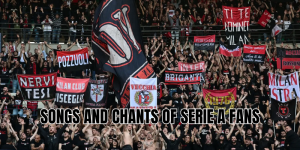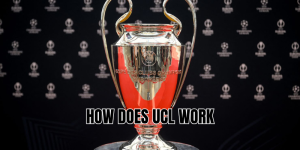The Copa América has always delivered drama—beyond the goals, beyond the trophies. From shocking refereeing blunders and crowd chaos to pitch invasions and political tensions—some matches are etched into football lore not for beauty, but for controversy. In this article, DeutKick takes you on a journey through the most disputed, scandal-ridden, and talk-of-the-continent clashes in Copa America’s storied past: the controversial matches in Copa America history that generations of fans still argue about.
A Legacy of Fire: Why Controversy Follows Copa América
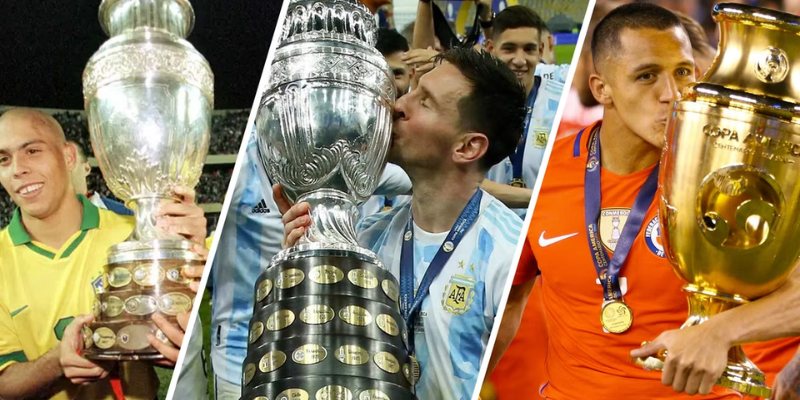
When you mix nationalism, intense rivalries, and referees under pressure, volatility is never far away. In South America, football isn’t merely sport—it’s identity. The Copa América, as the oldest international continental competition, has been exposed to geopolitical tensions, media influence, and fierce passion.
These moments offer more than gossip; they very often shape public perception, spark reforms in officiating, and sometimes taint the glory of champions. Below, DeutKick compiles a selection of the most controversial matches in Copa America history—matches where one whistle, one moment, or one crowd incident became bigger than the ninety minutes.
The “Hand of the Devil” — Argentina vs Brazil, 1995 Quarterfinal
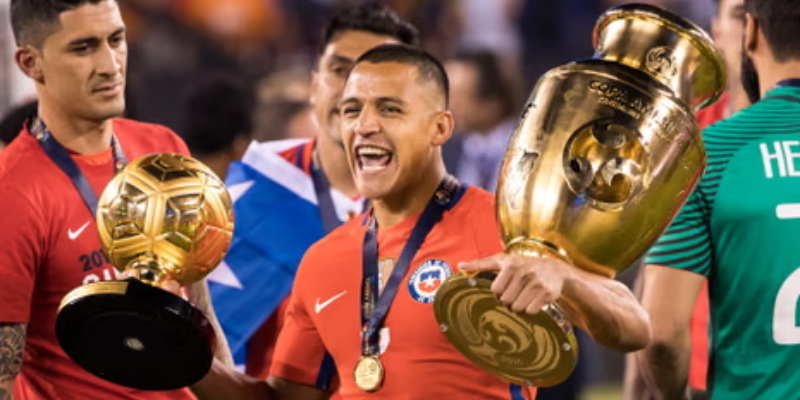
One of the most notorious single incidents in Copa América history happened on 17 July 1995 in Uruguay, when Argentina faced Brazil in the quarterfinal stage. Brazilian forward Túlio scored a last-minute equalizer after controlling the ball with his hand—something many eyewitnesses and media dubbed obvious. Yet the referee, Alberto Tejada Noriega, didn’t see it and allowed the goal. Brazil went on to win in penalties.
Argentine media famously called it the “Hand of the Devil”, an outright reference to Maradona’s infamous World Cup hand goal. That single moment still stings in Argentina–Brazil lore, and it showcased how one invisible foul can alter a national narrative.
Disallowed Goals and 100-Minute Penalties — Chile vs Bolivia, Early Tournaments
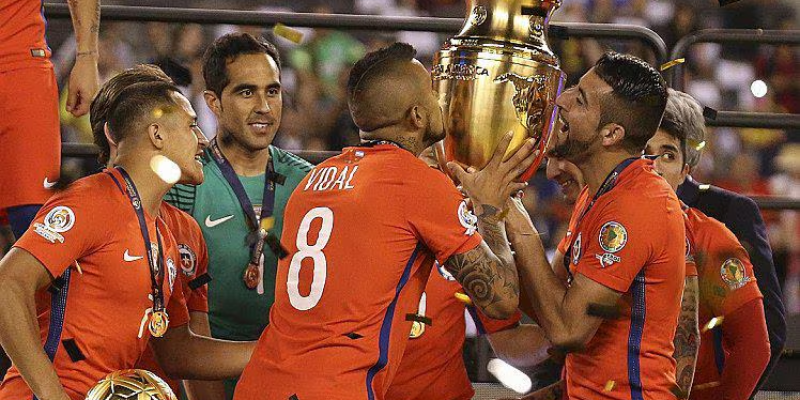
In an older era before video replay, refereeing controversies were all the more potent. One historic case involved Chile beating Bolivia 2–1 thanks to a penalty awarded deep into extra time—around the 100th minute. The ball appeared to hit the defender’s shoulder with his arm tucked in, but the referee judged it a handball nonetheless, eliminating Boli. ports])
Other editions also saw disallowed goals, wrong anthems played before kickoff, and administrative blunders. Collectively, these matches highlighted how uneven officiating could appear especially in the mid-20th century.
Chile 2015 Final vs Argentina: Trophy Politics and Media Scrutiny
The 2015 Copa América final between Chile and Argentina at Estadio Nacional was a tight affair that went to penalties after 0–0 in regulation. Chile prevailed 4–1 on spot kicks. But beyond the pitch, controversy simmered regarding the trophy’s unveiling. The ceremony and presentation were delayed amidst broadcasting tensions, fueling rumors of organizational favoritism or mismanagement.
Moreover, Argentina’s misfortune in finals began to gather emotional weight—this was part of a trio of painful near-misses for Lionel Messi and La Albiceleste. Some critics argued that psychological pressure weighed heavier than referees in those matches.
First Copa Americana: Riots, Race, and Political Tension
Going back even further, the inaugural South American Championship (later renamed Copa América) was marred by racial tensions, riots, and accusations of political interference. In one such early edition, matches were disrupted by pitch invasions and crowd disorder, and racial slurs were exchanged between fans of competing nations. These early tournaments laid bare how football could mirror broader societal divides.
These matches remind us that the song of controversy in South American football is not new—it’s woven into the roots of continental rivalry.
2024 Copa America: VAR Errors, Fan Chaos & Semi-Final Brawl
Even in recent years controversy hasn’t faded. At Copa América 2024, tensions boiled over across multiple matches:
- In Brazil’s 1–1 draw with Colombia during the group stage, CONMEBOL later admitted that match officials made an error by failing to award a clear penalty for a trip on Vinícius Jr. )
- The final between Argentina and Colombia was delayed over 80 minutes due to fans without tickets storming Hard Rock Stadium. Arrests, medical incidents, and crowd chaos overshadowed what should’ve been a celebratory night.
- In the semi-final clash, Uruguay players entered the stands to confront Colombian fans following a tense match. Darwin Núñez was seen pushing through crowds. This post-match brawl triggered a CONMEBOL investigation.
- Throughout the tournament, referee Kevin Ortega faced heavy backlash for multiple missed calls, loss of control, and even refusing to shake a captain’s hand. nextimpulsesports.com])
These episodes underline that even with video assistant referees, controversies persist—and fan mismanagement can ruin a final’s memory.
Other Matches Worth a Spotlight
While the above stand out, several other matches have earned controversy:
- Argentina vs Chile, 2019 Third-Place Playoff: Lionel Messi was sent off—only his second career red—raising debates about whether referees targeted star players in high-tension fixtures. sportskeeda.com])
- Argentina vs Chile, Group Stages (2021/2024): Matches ended with disputed penalties or non-calls, reigniting the rivalry’s volatile edge. ytime-football.com])
- Early editions vs Brazil: In the 1937 final, Brazil allegedly left the stadium before full time amid fears over goal legitimacy; in other editions players fought on-field, crowds invaded, and tensions erupted. kipedia])
Each match may not have a viral moment, but collectively they contribute to a reputation: nothing in the Copa América is ever clean.
Why These Matches Still Matter
Why do football folk—fans, historians, pundits—keep returning to controversial matches in Copa America history? Because they act as fault lines, revealing the frailties and the passion in South American football. They push reform in refereeing, catalyze social debate, shape national myths, and sometimes even end careers (or spark bans) more forcefully than goals.
That sense of drama, the feeling that a single whistle can shift a nation’s dreams—those are the elements that keep fans coming back, debate after debate.
Final Thoughts
In revisiting these controversial matches in Copa America history, DeutKick reminds you that the Copa’s legacy is built not only on its champions but its champions’ critics. From the “Hand of the Devil” to crowd riots in 2024, controversy is part of the tournament’s DNA.
If you’re craving deeper dives—player reactions, full referee reports, or statistical breakdowns—stick with us. Share this article, sign up for updates, and help the discussions live on: because in Copa América, history isn’t just written—it’s argued.

